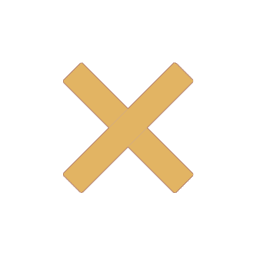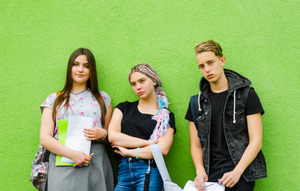

Aki palackos vizet iszik, az legalább 130 ezret. Az egészségi következményeket még nem ismerjük.
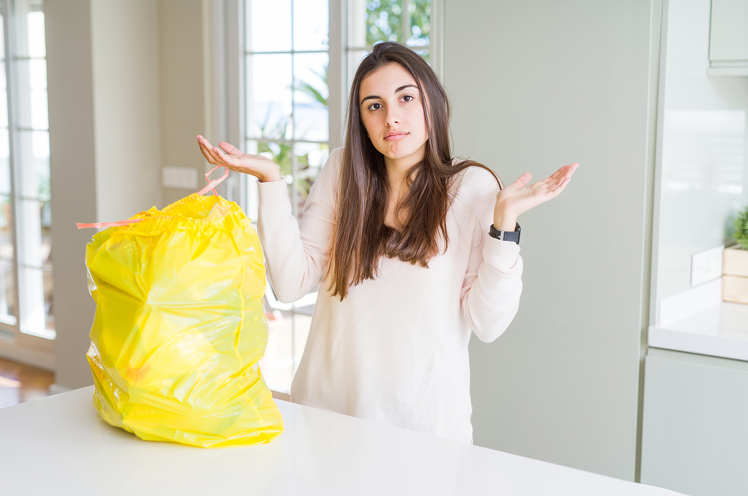 A becslés a kalóriabevitel 15%-át képviselő ismert mikroműanyag-tartalmú élelmiszer alapján készült. Mi magyarok biztosan nem eszünk annyi tengeri eredetű élelmiszert, így a hazai értéket kevésbé tudjuk.
A becslés a kalóriabevitel 15%-át képviselő ismert mikroműanyag-tartalmú élelmiszer alapján készült. Mi magyarok biztosan nem eszünk annyi tengeri eredetű élelmiszert, így a hazai értéket kevésbé tudjuk.
A mikroműanyagokról olvashatsz korábbi cikkünkben.
„Microplastic pollution is mostly created by the disintegration of plastic litter and appears to be ubiquitous across the planet. Researchers find microplastics everywhere they look; in the air, soil, rivers and the deepest oceans around the world.
They have been detected in tap and bottled water, seafood and beer. They were also found in human stool samples for the first time in October, confirming that people ingest the particles.
The new research, published in the journal Environmental Science and Technology, took the data from 26 previous studies that measure the amounts of microplastic particles in fish, shellfish, sugar, salt, beer and water, as well as in the air in cities."
A kenyérfélék, a hús, vagy a zöldségek műanyag-szennyezettségéről egyelőre nincsenek adataink.
A mikroműanyagokat természetesen be is lélegezzük, aminek a következményei szintén ismeretlenek, de nehéz elképzelni, hogy hasznos lenne.
„The European commission's chief scientific advisers said in a report in April: "The evidence [on the environmental and health risks of microplastics] provides grounds for genuine concern and for precaution to be exercised."
They concluded: "Growing scientific evidence on the hazards of uncontrolled microplastic pollution, combined with its long-term persistence and irreversibility, suggests that reasonable and proportional measures should be taken to prevent the release of microplastics.""
Az EU be is tiltotta egyes műanyagok használatát, amit nem kell sajnálni, mert a használati idejük pár perc. Csak gondolj a szívószálra (link), vagy a fültisztító (?) pálcikára.
Erről külön is írtunk már, lényegében nem is lenne szabad használni!
"Removing single-use plastic from your life and supporting companies that are moving away from plastic packaging is going to have a non-trivial impact," Cox said. "The facts are simple. We are producing a lot of plastic and it is ending up in the ecosystems, which we are a part of."
Az eredeti cikket elolvashatod itt:
https://www.theguardian.com/environment/2019/jun/05/people-eat-at-least-50000-plastic-particles-a-year-study-finds
Hogy te mit tehetsz?
Semmiképpen nem érdemes stresszelni.
Érdemes viszont figyelni arra, hogy miből eszel és miből iszol. Ha lehet, akkor ne műanyagból és ne műanyaggal. Ha hazai és szezonális alapanyagokból te vagy ti főztök, akkor jársz a legjobban.
Ha ruhákat veszel, akkor próbáld kerülni a műanyagot, mert azok mosásával újra csak a környezetbe juttatjuk a mikroműanyagokat.
Ha érdekel a jövő, akkor figyeld a környezetvédelmi blogokat, hasznos oldalakat, amik sokszor egyszerűen megvalósítható tanácsokkal is szolgálnak. Ha te megteszed, amit lehet, akkor az már nagyon jó. Remélhetőleg előbb-utóbb sokan eljutnak eddig.
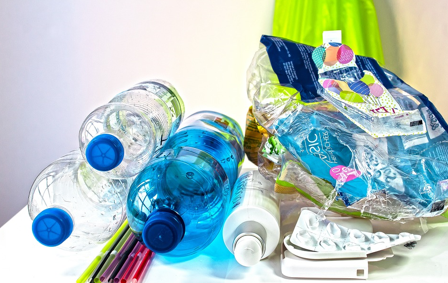 |
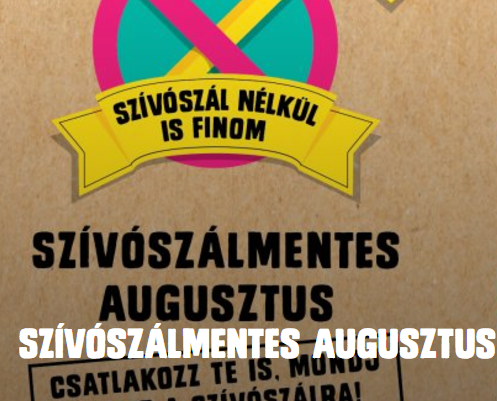
Egy átlagos szívószál használati ideje körülbelül 20 perc, míg lebomlási ideje 500 év.
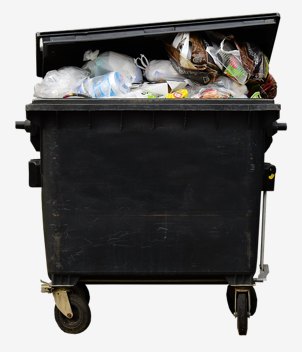
Műanyagrészecskékkel szennyezett vizet iszik a világ. És úgy néz ki, hogy a tea is tele van vele...


